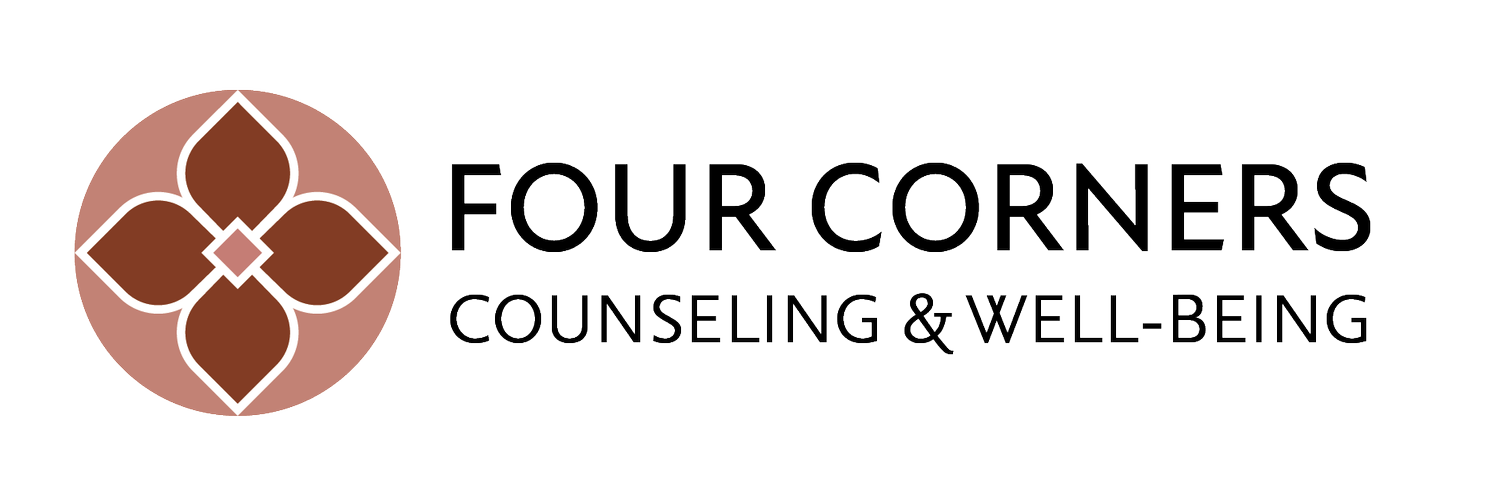Coping With Depression: Treatment Options Beyond Medication
Depression is much more than feeling sad or down from time to time. It’s a diagnosable mental health disorder that can have serious consequences. However, this does not mean that people with depression must take medication. While medication can be a helpful resource, there are many additional treatment options that connect with your needs and your ability to heal.
You may have been hesitant to ask for help for fear of being medicated. But take heart, there are more possibilities to consider. Remember that you have choices, and medication is one of many options to support your well-being.
How to Treat Depression without Medication
Each person is different and each instance of depression is unique. It is essential that you and your medical team consider all the factors before moving forward. Once you’ve been given the green light for natural self-help steps, you’ll have plenty to choose from!
Start with the Basics: Self-Care
When you show yourself daily self-love, you see unexpected rewards. This commitment not only helps your well-being, but it serves as a reminder that you are 100 percent the effort. Some elements of a self-care regimen include:
Physical movement and exercise (ideally, outdoors in sunlight)
Healthy eating habits
Regular sleep patterns
Relaxation techniques and stress management (e.g. mindfulness)
Connect with Others
Sometimes, in the midst of a depressive episode, the last thing you want is company. You want to retreat into isolation but this can deepen feelings of hopelessness. Some solitude is healing, yes, but it must be balanced out with social interactions. Lean on the people you trust. Seek out in-person and online support groups.
Be of Service to Others
Some clichés exist for good reason. A fine example involves how helping others is a way of helping ourselves. Being of service to those in need benefits everyone involved. Research has shown that altruism supports mental health. Altruism reminds you that your life has meaning, no matter what, and you have a mission to fulfill.
Set Goals
Speaking of missions, it’s time to get busy setting goals. Talk with your therapist to make this a priority and they’ll help you create reachable, workable, and measurable goals. Mix in goals that involve others and always remember that any setback offers you an opportunity to learn and grow.
Add Joyfulness to Your Daily Schedule
If you don’t literally plan for it, joy can be hard to find when you feel depressed. Each and every day, add big and/or small experiences to your schedule that add positivity and perhaps some smiles. Keep a gratitude journal and keep counting your blessings. The amount of balance this can provide is priceless.
If These Don’t Sound Like Treatment Options
The above suggestions are, in many ways, suggestions you’d want to make to everyone. But, during a depressive episode, the positivity provided by these simple-but-not-always-easy interventions is particularly needed. Depression can decrease energy and motivation. Before that takes root, it is critical that you plant something more powerful.
This is not to imply that the journey is without challenges. Recovering from depression requires patience and open-mindedness. The ideas listed above offer healing—with or without medication. Either way, the natural, non-invasive approach feels especially satisfying. It’s an example of you finding resources within yourself. This creates a whole new, positive momentum.
If you are struggling with depression, it doesn’t automatically mean you need medication. Before jumping to any conclusions, why not reach out to learn more?

